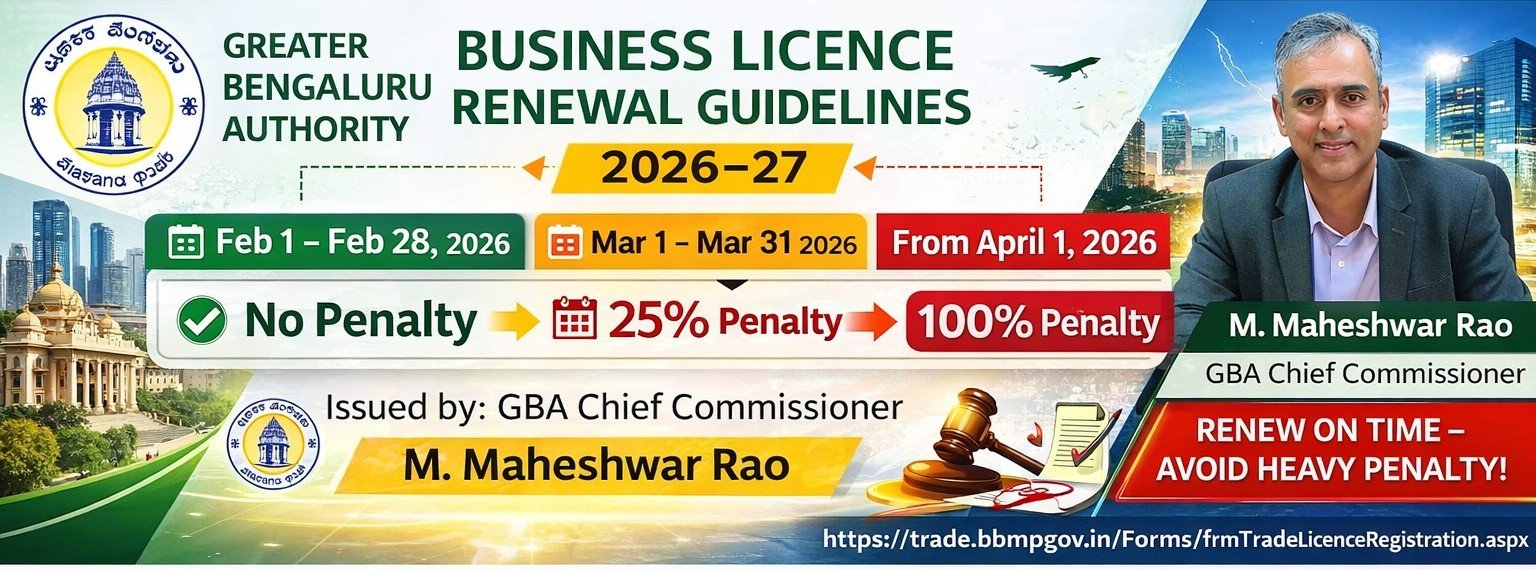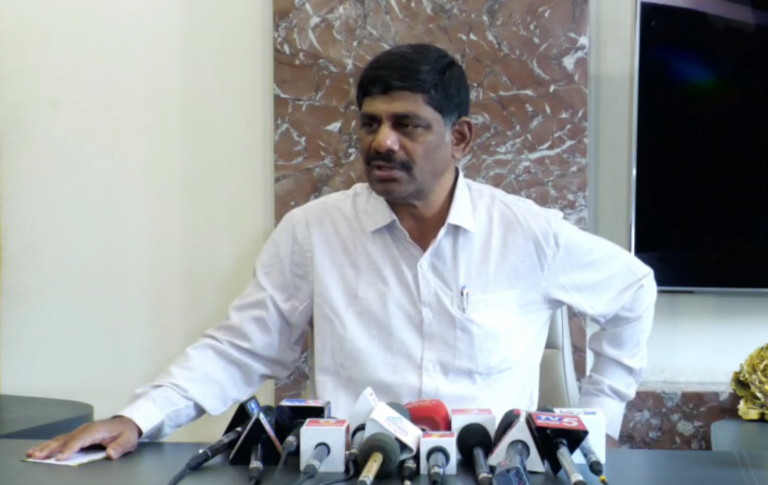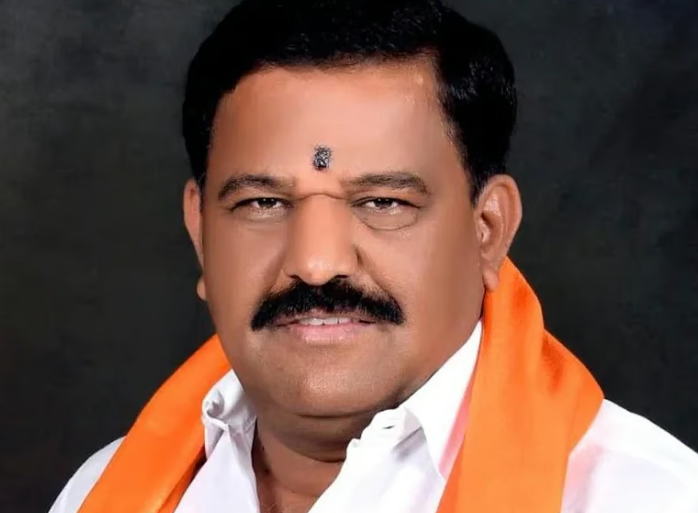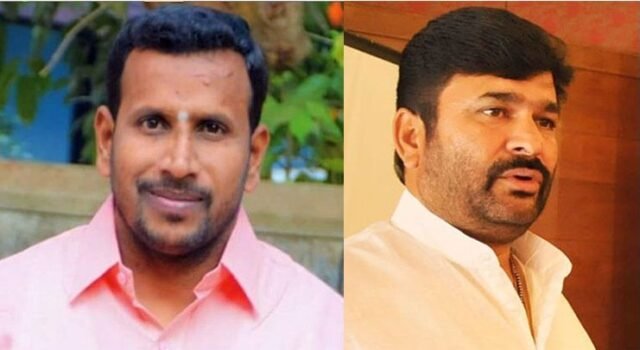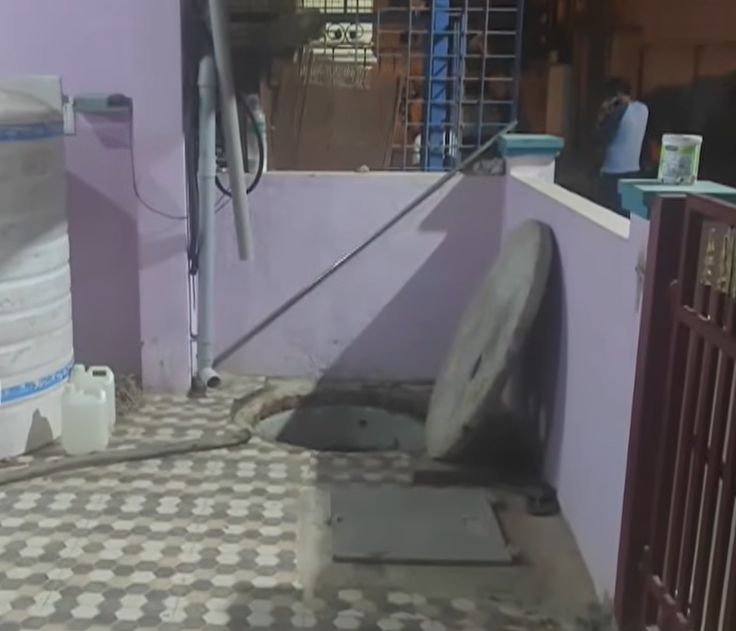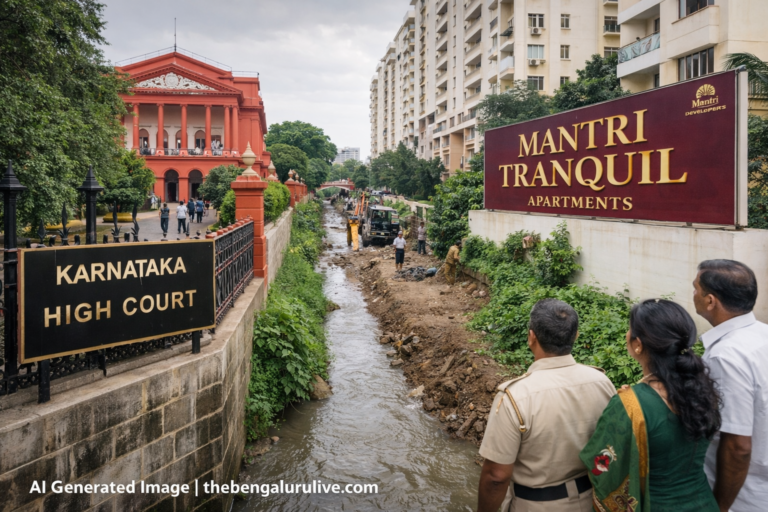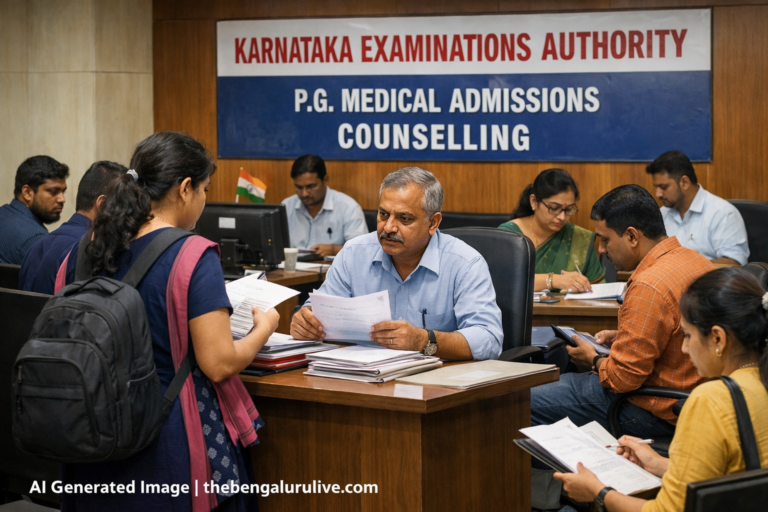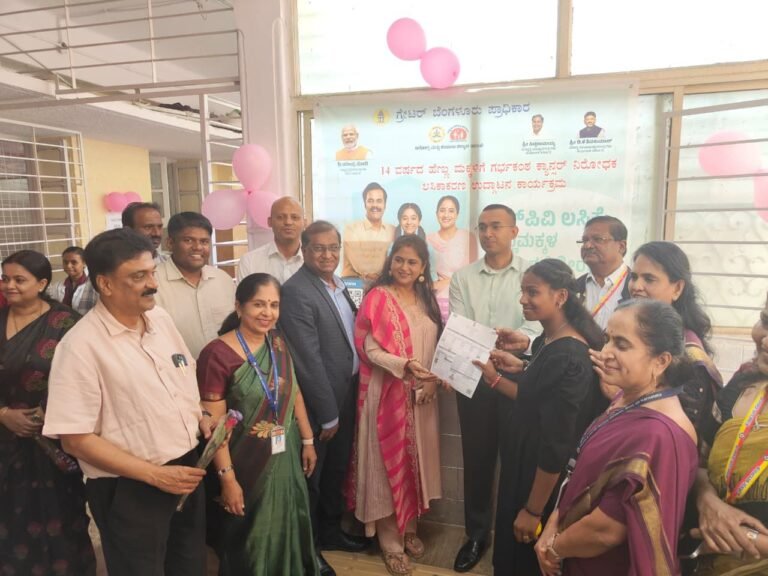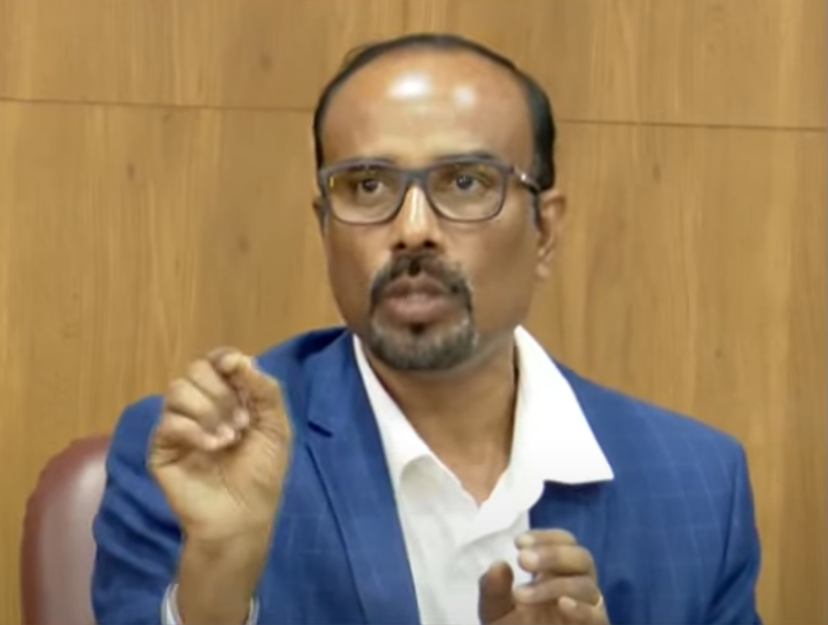
Backward Classes Commission Secretary and IAS officer Dayanand
Bengaluru: The ongoing Karnataka Socio-Educational Survey 2025, being carried out by the Karnataka State Commission for Backward Classes, has triggered debate and confusion across sections of society. However, the Commission has issued a clear clarification: out of 60 questions, caste is just one column. Citizens are not compelled to declare their caste — they may even write “human caste” or leave it blank.
Speaking to the media, Commission Member-Secretary Dayananda stressed that the survey must not be misinterpreted as a caste census. “This is not a caste census and not a population census. It is a socio-educational and economic survey designed to identify backwardness as per constitutional provisions under Article 340,” he explained.
Purpose of the Survey
According to the Commission, the survey seeks to measure social, educational, and economic indicators that define backwardness in Karnataka. While caste plays a role in identifying social disadvantage, it is only one among many criteria. “The Constitution has always recognized social and educational backwardness as the basis for affirmative action. Economic status alone is not the criterion,” Dayananda added.
The survey consists of 60 structured questions covering income, education, housing, occupation, access to facilities, and social indicators. Caste is a single column in this matrix. “Respondents have complete freedom. They can write their caste, deny declaring it, or even say ‘human caste.’ There is no compulsion,” the Commission clarified.
Confusion in Public Perception
Despite these clarifications, confusion has persisted because political parties and community leaders have projected the survey as a “caste census.” Some caste associations have been urging members to record their specific identities such as “Kuruba” or “Okaliga,” fearing underrepresentation.
Dayananda argued that this perception was misplaced. “The survey is about identifying backwardness, not about counting heads for caste pride. Unfortunately, opposition leaders and certain groups are politicizing it, creating unnecessary anxiety,” he said.

